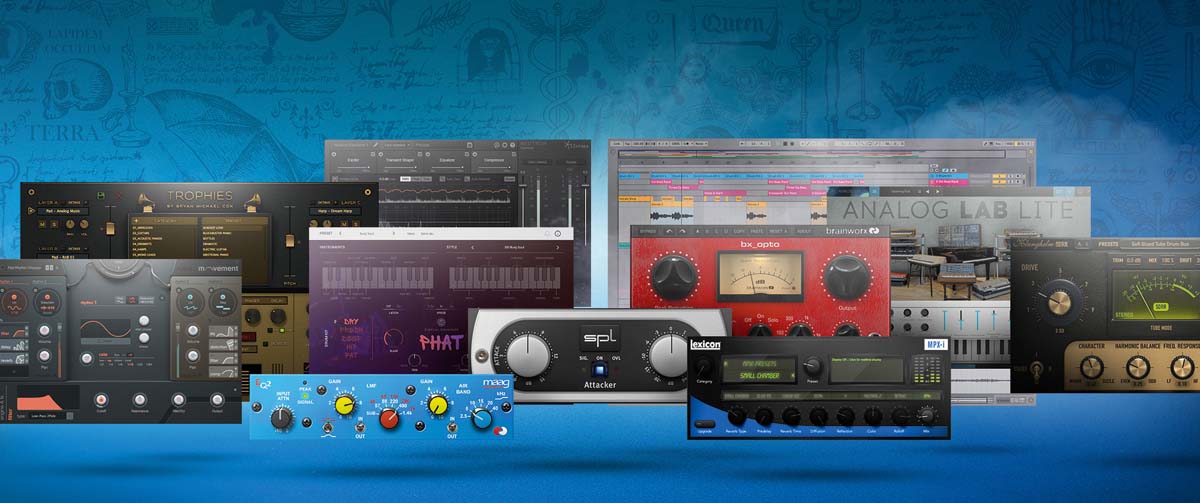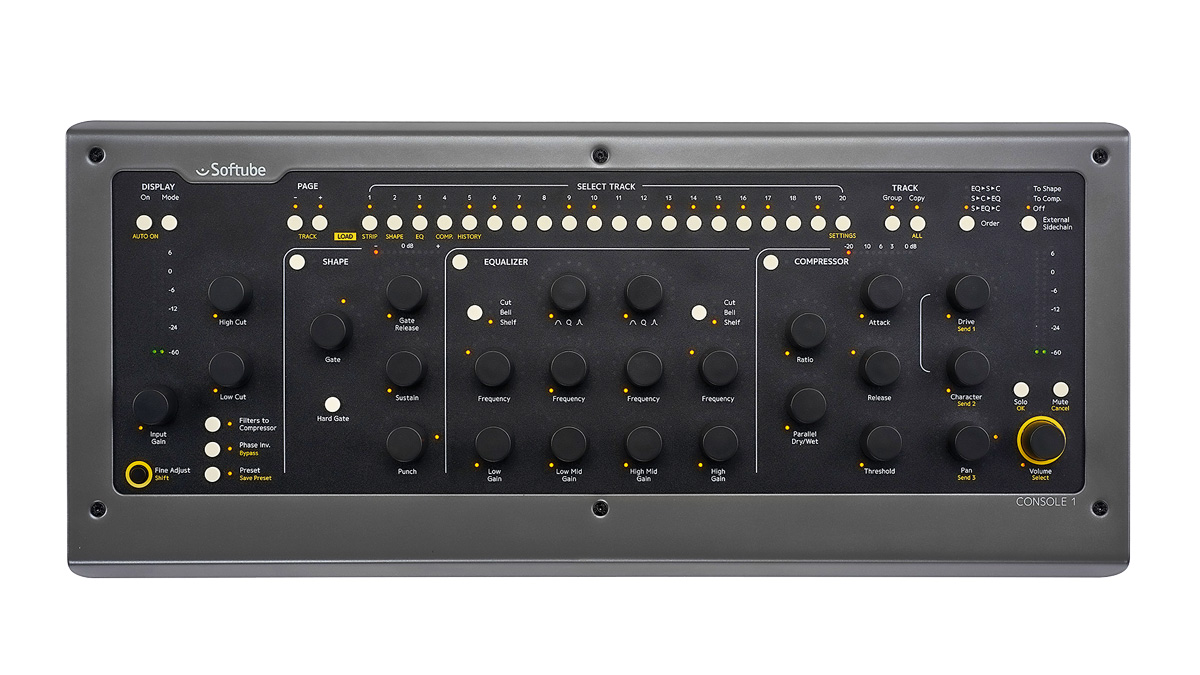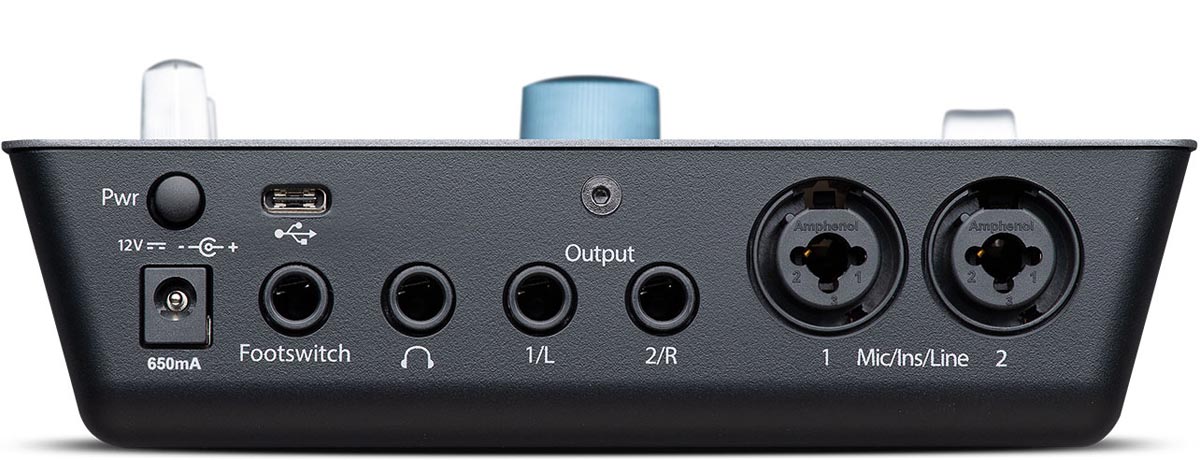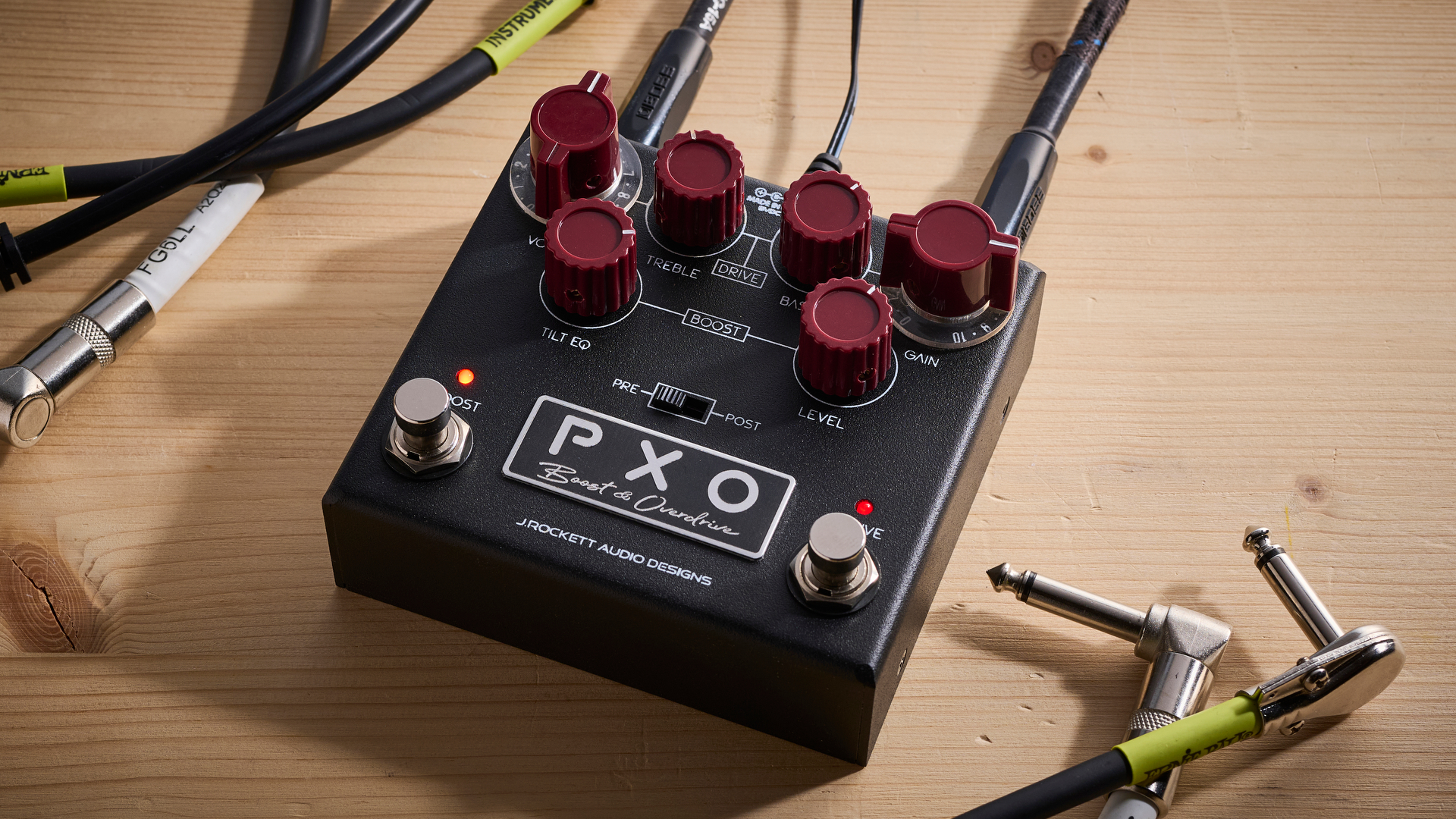MusicRadar Verdict
An all-in-one box that actually performs both (actually all three) of its tasks with some aplomb. Great value too.
Pros
- +
Great, high-quality interface.
- +
Controller digs deep in most DAWs.
- +
Especially good for Studio One.
- +
Very good value for what you get.
- +
Good software bundle.
Cons
- -
Need to update everything for a slick controller result.
MusicRadar's got your back
What is it?
PreSonus’ ioStation 24c was announced back at January’s NAMM show as an all-in-one control surface and audio interface, but we didn’t realise quite how low the street price for this one-box production unit would be.
Around £250 for what is touted to be a high-end interface plus a controller for all major DAWs with a motorised fader – albeit just the one – sounds like incredible value on paper, so let’s see just how it shapes up.
You could quite easily think of ioStation 24c as an amalgamation of PreSonus’s FaderPort and the company’s Studio 24c 2-in, 2-out audio interface.
In fact you don’t even have to try and conjure up a Frankenstein image of the two units joined at the hip – ioStation 24c is literally a one-fader FaderPort with identical controls, with an interface around the back with audio controls running down the right of the front panel.

Out of the box, the unit nicely angled for desktop use. You’ll possibly want to attach the supplied rubber feet to stop slipping on said desk, but we found its weight kept it in place during our tests without them.
The unit needs to be powered by a supplied PSU (not buss-powered sadly). Controls on the front are dominated by a great set of transport controls and 16 buttons split above and below a main rotary that can control multiple parameters depending on which mode you are in. Each of these buttons doubles up in functionality by means of a Shift button.
It feels that much more integrated than the other DAWs we try and that bit quicker to respond
You’ll need to download and install the latest version of PreSonus’s Universal Control software which allows you to set sample rates, buffer sizes etc on connected interfaces. You’ll also have to make sure everything is up to date at this stage – we had to make sure both UC and our version of Studio One were the latest versions and also updated the ioStation firmware.
Then on boot up with Studio One the ioStation 24c should be available as one of the controller devices. (Check it’s there using the Configure External Devices option.) Once done, though, integration with Studio One (and the supplied and excellent Studio One Artist) is understandably excellent.
Performance and verdict
It feels that much more integrated than the other DAWs we try and that bit quicker to respond, although we’re not sure if we are imagining this or if it’s just because the combination feels so slick and made for one another.
Navigating around the main arrangement is a joy, with reassuring clicks and motor whirs from the fader as you jump from channel to channel (and the subsequent volume to volume).
The Solo, Mute and Arm (for recording) buttons all control their respective icons on the top panel of the unit, and the Transport controls do the same at the bottom. The Automation features are also useful with Touch, Write and Read options.
Switching between channels using the Prev/Next buttons (and the various buttons beneath the main encoder), zooming and navigating around are also a joy. The manual is also very good and takes you on a hand-holding journey through the other main DAWs in terms of audio interface setup.
In terms of setting the unit up as a diferent DAW controller you simply restart it and press Next, then either the Mute, Bypass or Arm buttons to enable Logic, Cubase/Nuendo and Live respectively (in MCU mode), the Touch button to enable Pro Tools (HUI) operation, or Solo to put it back in Studio One mode.

• Softube Console 1 MkII
Fully-featured DAW controller with quality UA and Softube effects.
In Logic, the unit works well as a controller with broadly the same controls as Studio One. It isn’t quite as instantaneous – which seems to be Logic lagging somewhat – but all in all, additional features like the Undo/Redo and Zoom options make it a pleasing experience, and one that we think we will quite easily grow used to with a bit of practice.
Ableton Live (in MCU mode) performed pretty much identically aside from the fact that it also comes with the ability to launch clips and scenes by pressing Scroll then Click for a clip and Section for a scene, plus options to switch between Session and Arrangement views.
Zoom options and the Undo and Redo are also present and correct and while there are (pretty obviously) better Live controllers, ioStation 24c does a great job – one of the best we’ve seen within the confines of the MCU standard.

We look at the interfacing side of ioStation in the box top right and that, combined with its extensive control features, make it an attractive multi-solution box. In fact if you consider that it
also includes two DAWs (Studio One Artist and Ableton Live Lite) plus the Studio Magic bundle that includes Output Movement and Arturia Analog Lab Lite plus other plugins (six virtual instruments, and nine efects plugins in total) you could consider this as the ultimate beginner bundle.
Certainly if someone had thrown this in as an option when we began our journey in music production, we would probably have bitten their hands of. It is one great-sounding interface, a versatile DAW controller (with the luxury of a moving fader) and all the software you need to make music… at just over £250 for the lot.
MusicRadar verdict: An all-in-one box that actually performs both (actually all three) of its tasks with some aplomb. Great value too.
The web says
"Overall if you want easy, hands-on functionality with an excellent sounding interface, this is a one of those no brainer device combos we wish we had thought of sooner, and if you’re working by yourself, it’s going to be your new BFF in the studio."
Performer Mag
Hands-on demos
Sweetwater
Sanjay C
PreSonus
Specifications
- TYPE: 2x2 USB-C compatible audio interface and production controller
- KEY FEATURES: 2x mic/instrument/line inputs with XMAX Class A analog microphone preamps, 2 balanced ¼” TRS main outputs, 115 dB of dynamic range, touch-sensitive motorised fader, mixer knob 1 ¼” headphone output with independent level control, large, 360° button encoder, complete recording-transport controls (Play, Stop, Fast Forward, Rewind, Record, Loop), plus Studio One Artist recording and production software, over 6GB of additional loops and sample content, Studio Magic Plug-in Suite
- CONTACT: PreSonus
Computer Music magazine is the world’s best selling publication dedicated solely to making great music with your Mac or PC computer. Each issue it brings its lucky readers the best in cutting-edge tutorials, need-to-know, expert software reviews and even all the tools you actually need to make great music today, courtesy of our legendary CM Plugin Suite.
“I used everything I knew about music”: How Green Day exceeded expectations with their most ambitious song
YouTube just added AI tools that makes musicians, library music and video editors redundant
“Every one of them said yes without hesitation": Hank Marvin and Roger Taylor have just remade a '60s classic for charity











